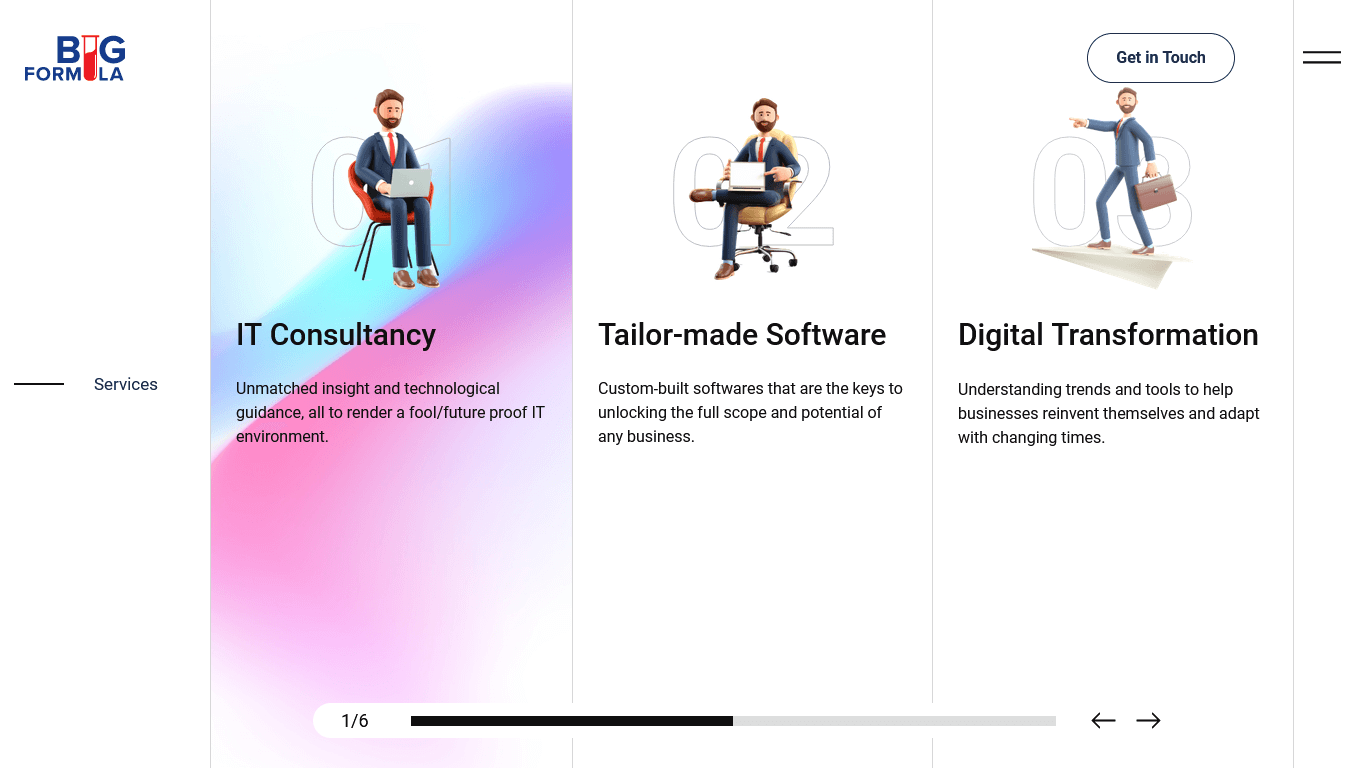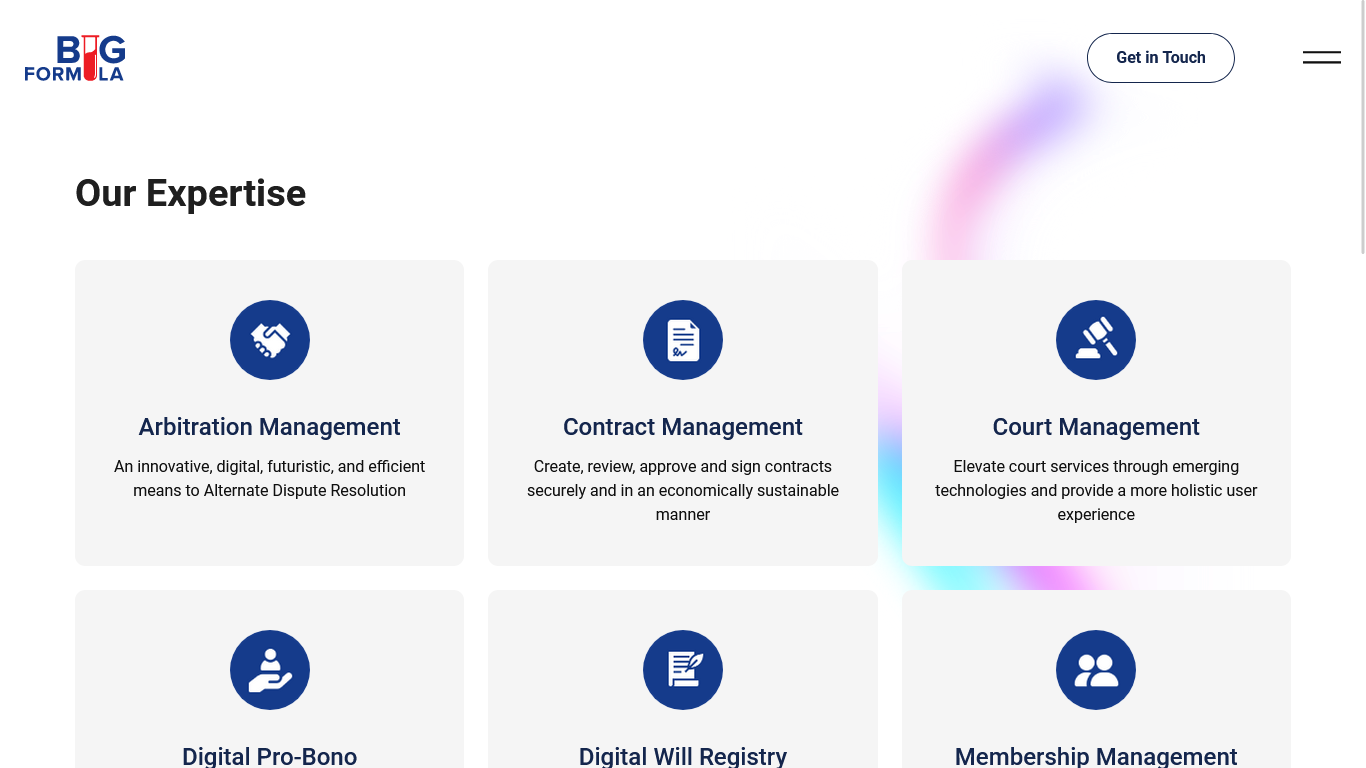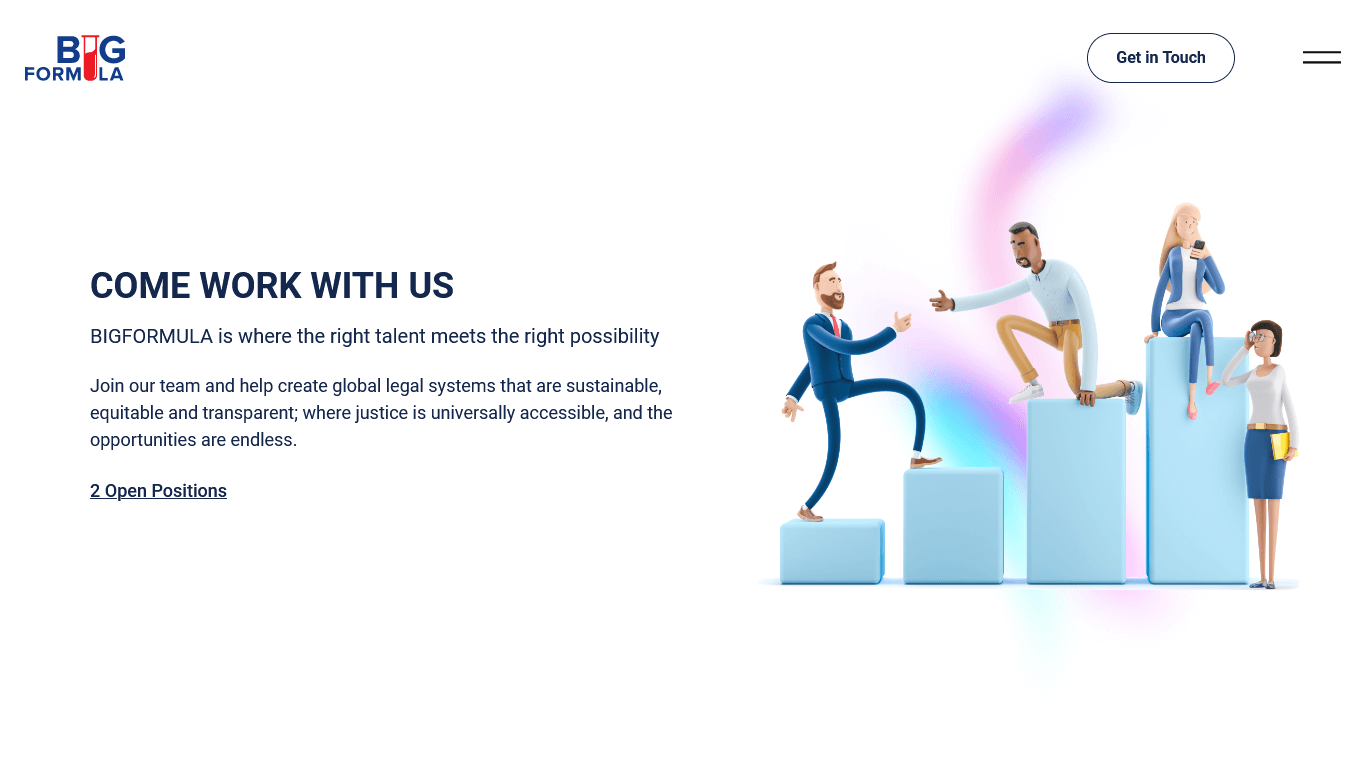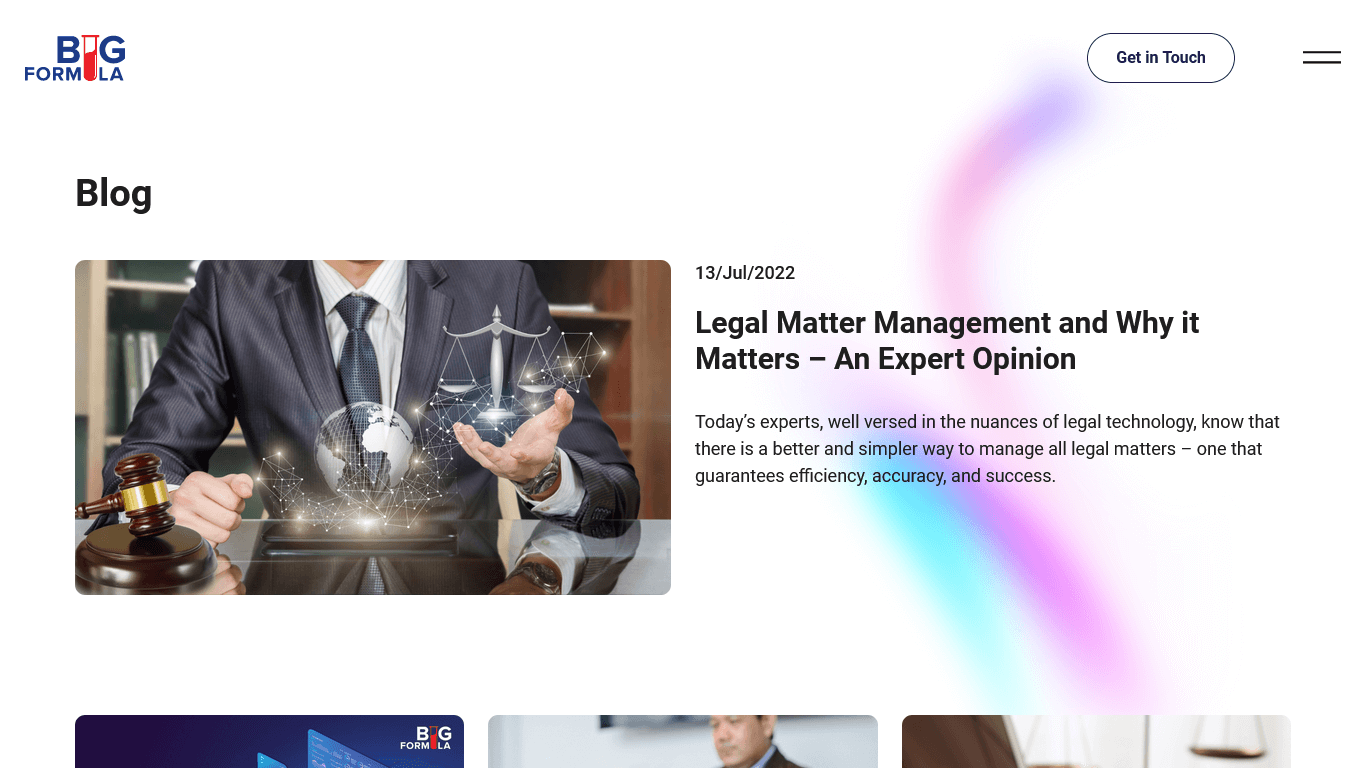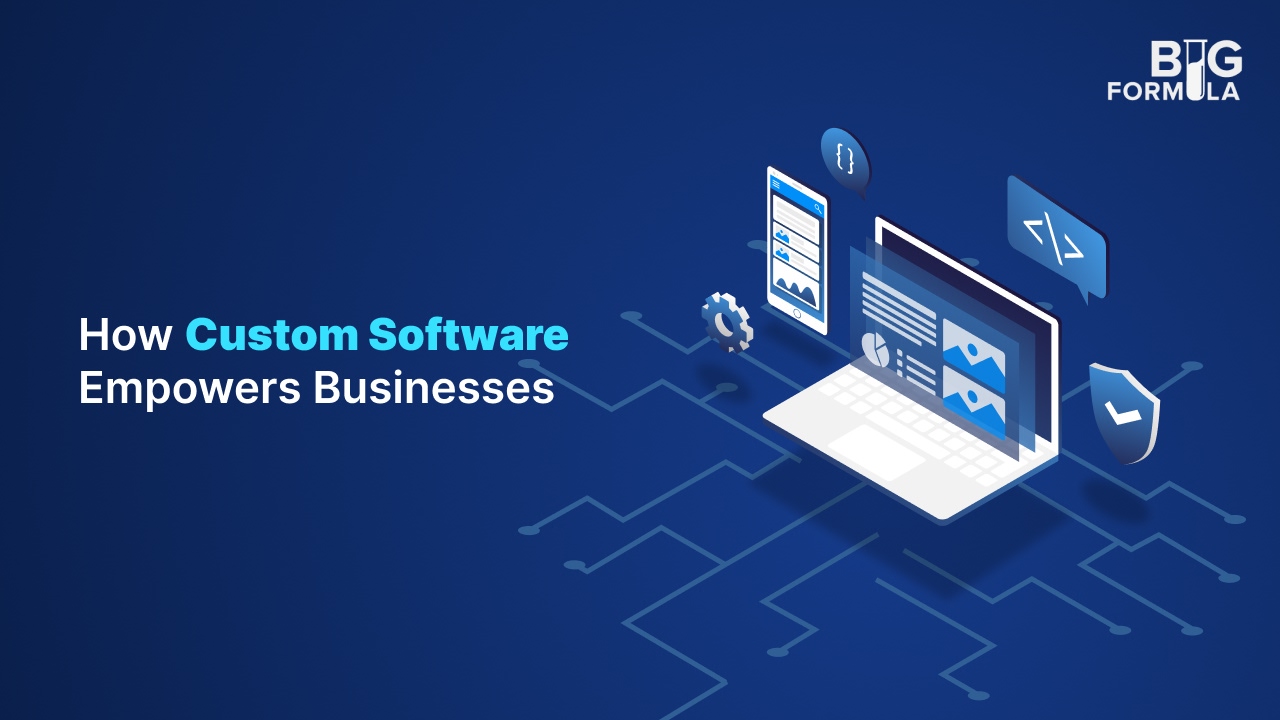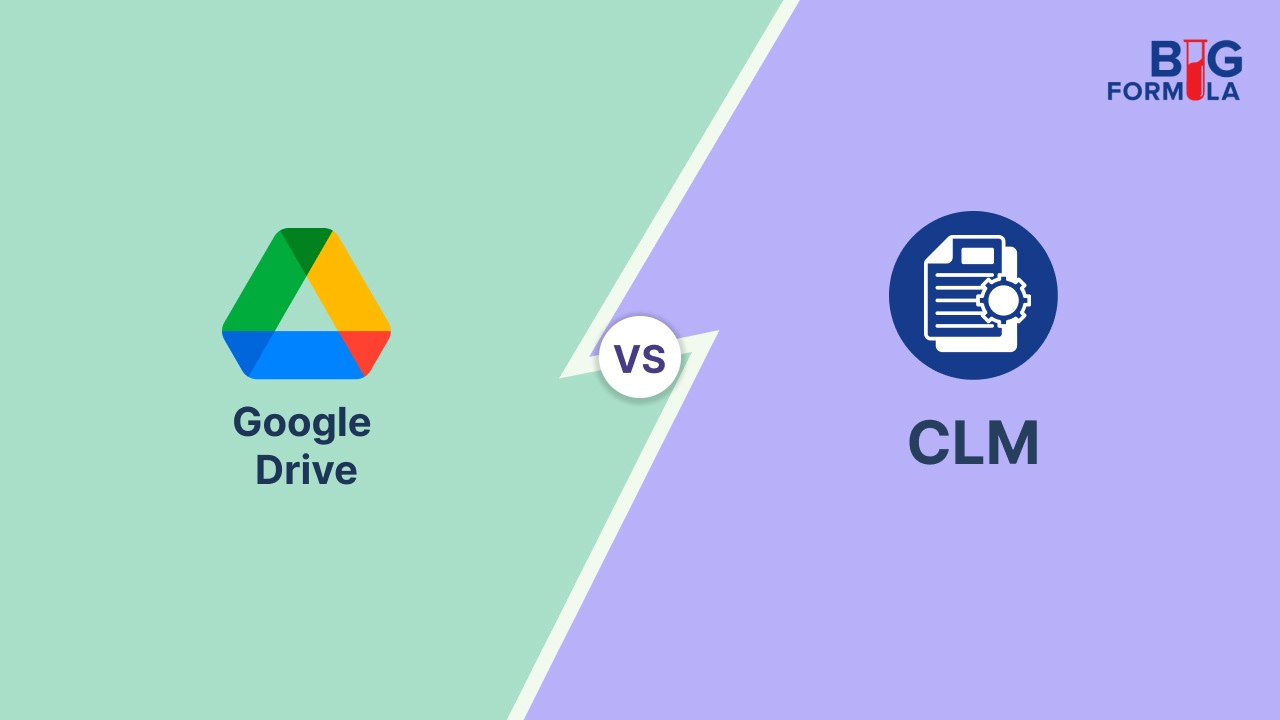Technology has Transformed Legal Research Methodologies; But is the Best Yet to Come?
Some of the most notable influences of the digital revolution on the legal sector have been in the way practitioners conduct legal research and train future lawyers. Which makes one wonder: what will the future hold? In a technologically advanced domain, what function or impact would practitioners and experts have? What might a tech-enabled legal environment look like and how should it operate?

One of the key changes witnessed in the race to digital revolution has been in the way we access and assimilate information. As with any industry, technology has had a profound impact on the legal profession – transforming it into the more savvy, efficient, and universally accessible entity that it is today. Just in the past few years, legal and justice technology companies have observed seismic growth – transforming the way legal services are accessed, and the way law is practiced. Which in turn makes us wonder: what will the future hold? What long-term repercussions can we expect from all the current trends and transformations? In a technologically advanced domain, what function or impact would practitioners and experts have? What might a tech-enabled legal environment look like and how should it operate?
Legal Research in the Age of the Internet
There is no getting around the fact that quality research is perhaps the fundamental steppingstone to practicing law. Some of the most notable influences of the digital revolution on the legal sector have been in the way practitioners conduct legal research and train future lawyers. The Internet has all but transformed the way we access information. What once required hours of laborious manual, journal, and book reading can now be completed in a matter of seconds. Incredibly adept and quick legal research is now possible thanks to information that is posted and updated every few seconds. Significantly decreasing the amount of intellectual property rights violations, researching a trademark or patent online to see if a similar intellectual property already existing has now become elementary. There is already a sizable online database of legal information thanks to the proliferation of blogs, websites, and discussion forums.
e-Discovery: The Latest Innovation in Legal Research
Yet another tool that has revolutionised the sphere of tech-enabled legal research is e-Discovery, or electronic discovery. It is the process by which legal data that is stored in electronic format can be located, secured, and searched. The data can then be used as evidence in court cases. Using algorithms and patterns to find and turn relevant data into evidence, e-discovery helps lawyers and corporate legal counsel avoid wasting billable hours on mundane tasks.
Even the judiciary has not been left untouched in this regard. Just in the past decade it has witnessed massive transformations in the way it operates. Entire databases of deposed and ongoing cases are now accessible online with just a few clicks and choice keywords – easing the burden on judges and enabling fast-track courts to function as they are meant to. Just last year, the Supreme Court of India launched its own AI-powered court assistant for the same purpose.
BIGFORMULA’s Foray into the Realm of Tech-enabled Legal Research
As experts who routinely create similar repositories and empower courts with enhanced Court Management Systems that make research quick, simple, and accurate, we, at BIGFORMULA Solutions understand the crucial role we play in the process – both in the creation of the tech-enabled solution and in the way the larger legal community uses it. We understand that Machine Learning (ML) and Artificial Intelligence (AI) will continue to revolutionise the legal industry, particularly its research methodologies that will one day enable even outcome prediction. We also understand that as the methodologies of research change, so should the practitioners who will eventually end up utilising them. Today, in many universities and law schools, basic courses in legal and justice technology have become imperative, inseparable even from an education in the law.
Conclusion
There is no debating that technological solutions equipped with optical character recognition, natural language processing, machine learning, and artificial intelligence will continue to efficiently sift through case files to produce results that match specific keywords, paragraphs, or even case structures. What could possibly alter the trajectory and enhance it further will be the technologically trained legal mind that leads the transformation. Will that mind be mortal or machine? Well, that is the question isn’t it!
Curious about the latest advancements in legal research methodologies? Discuss your needs and goals with BIGFORMULA.
Reach out to us and schedule a Free Legal Tech Consultation.



